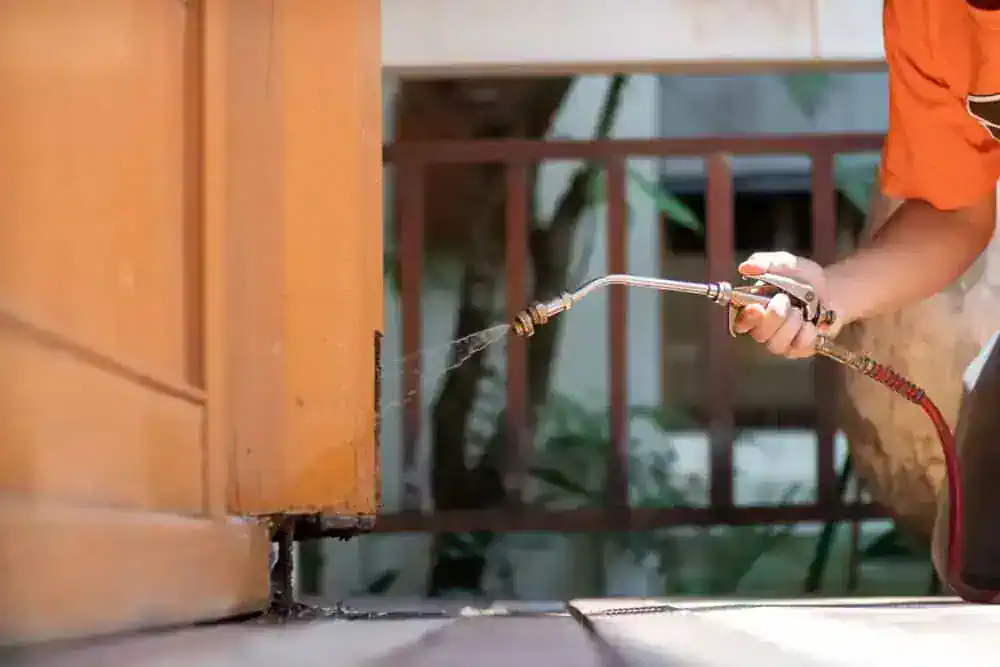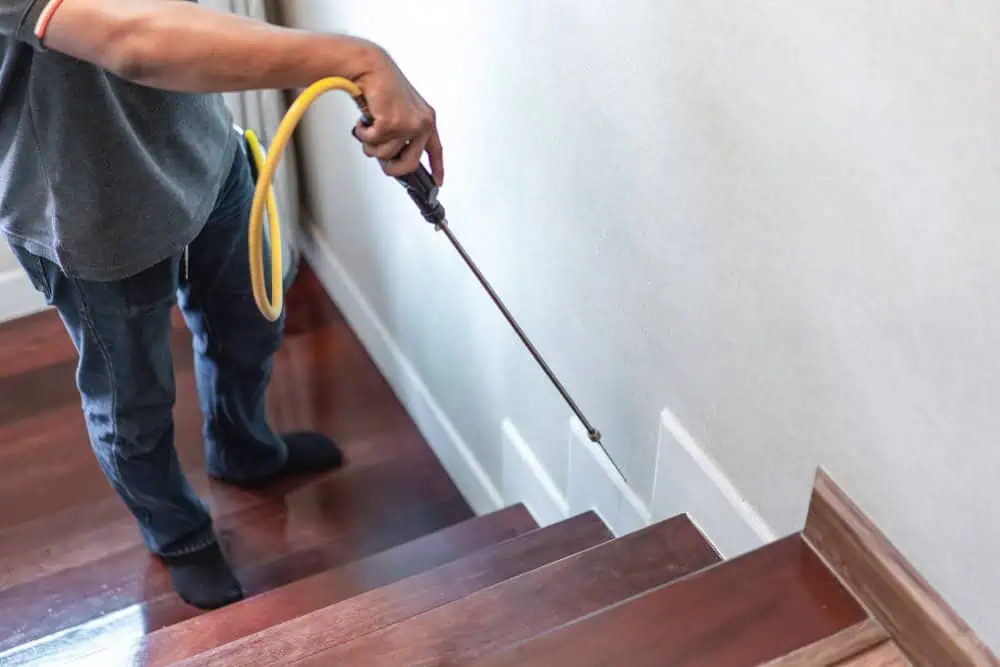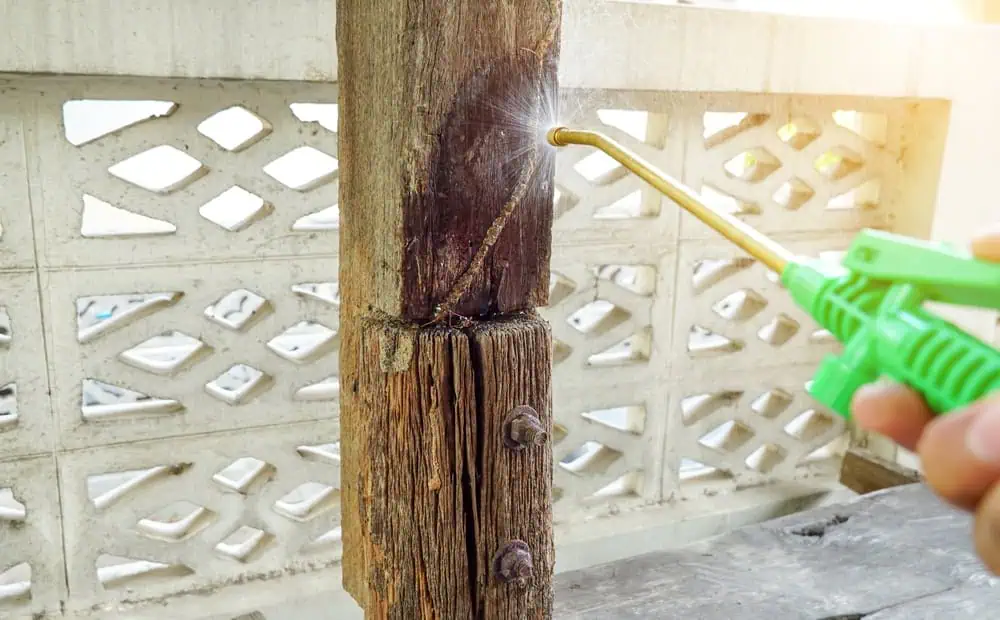Complete colony elimination and entry point sealing that actually works the first time.

Hear from Our Customers

You’ll stop finding ants marching across your counters every morning. No more throwing away contaminated food or feeling embarrassed when guests come over.
The real difference is that we eliminate the entire colony, not just the ants you see. Most treatments only kill the workers, leaving the queen and thousands of eggs untouched underground.
We identify exactly which species you’re dealing with because carpenter ants need different treatment than pavement ants or pharaoh ants. Then we seal the entry points they’re using to get inside, so you’re not dealing with this problem again next month.
86 Pest and Wildlife Removal has been handling ant problems in Deer Park and surrounding areas for years. We understand how New Jersey’s climate and housing conditions create perfect environments for different ant species.
Our technicians are licensed, insured, and trained specifically on the ant species common to this area. We’ve seen every type of infestation, from carpenter ants in older homes to pharaoh ants in apartment complexes.
You’re working with professionals who live and work in this community. We’re not a national chain sending different technicians each time.

First, we inspect your property to identify the ant species and locate their entry points. Different ants require different approaches, so this step determines everything else.
Next, we treat the colony at its source, not just the trails you see. This means targeting the queen and the nest, usually located outside your home in soil, mulch, or structural voids.
Finally, we seal the cracks, gaps, and other entry points ants use to get inside. We also remove attractants and apply barrier treatments to prevent new colonies from establishing nearby.
You’ll see results within 24-48 hours, and we schedule a follow-up visit to ensure the colony is completely eliminated.

Ready to get started?
Every ant control service includes species identification, colony location, targeted treatment, and entry point sealing. We don’t just spray and leave.
You’ll receive a detailed explanation of which ant species we found, where they’re nesting, and what attracted them to your property. This helps you understand the problem and prevent future issues.
Our treatments are safe for your family and pets, but lethal to ant colonies. We use EPA-approved products applied by licensed technicians who know exactly how much to use and where to apply it.
All work comes with a service guarantee. If ants return within the warranty period, we come back at no charge to retreat the area.
